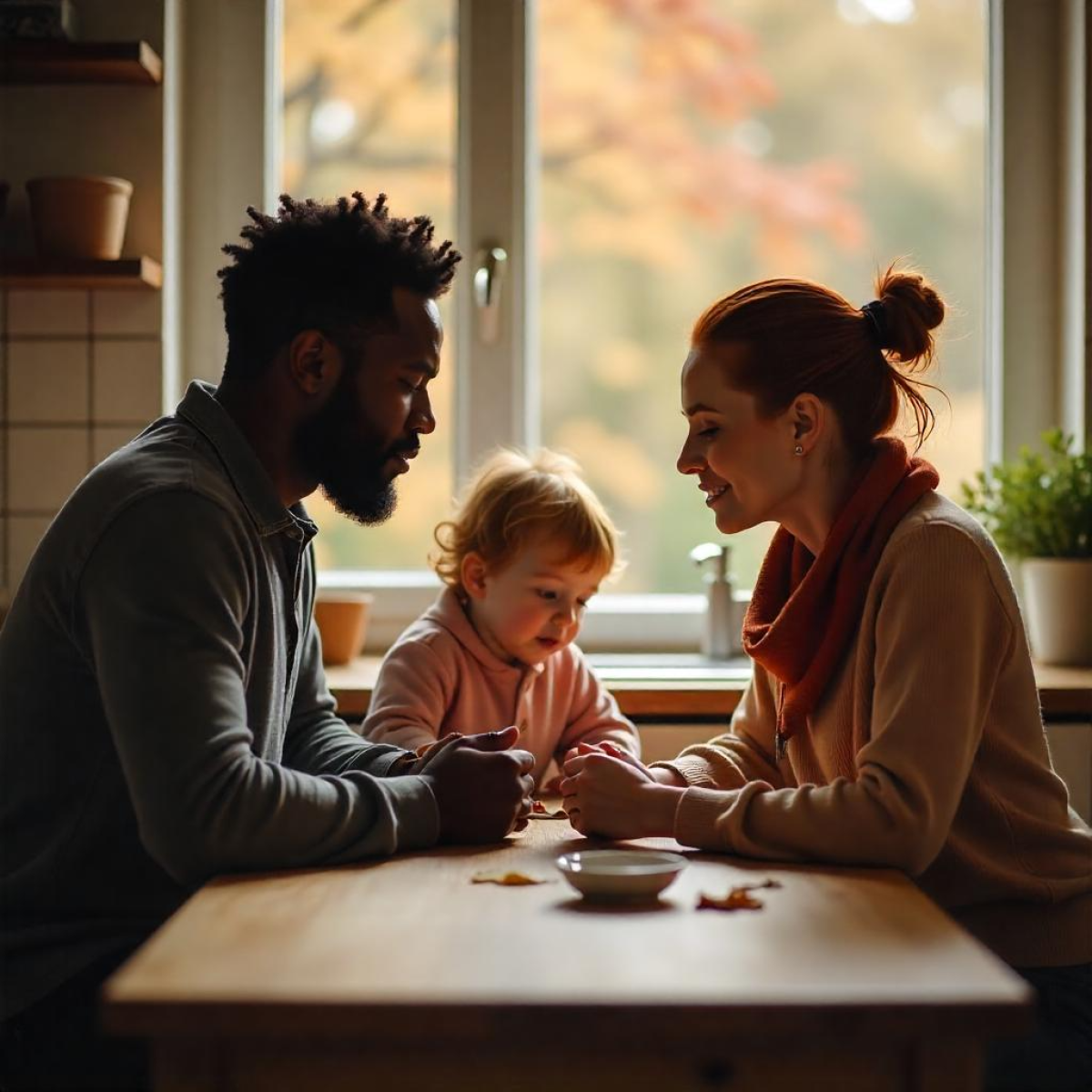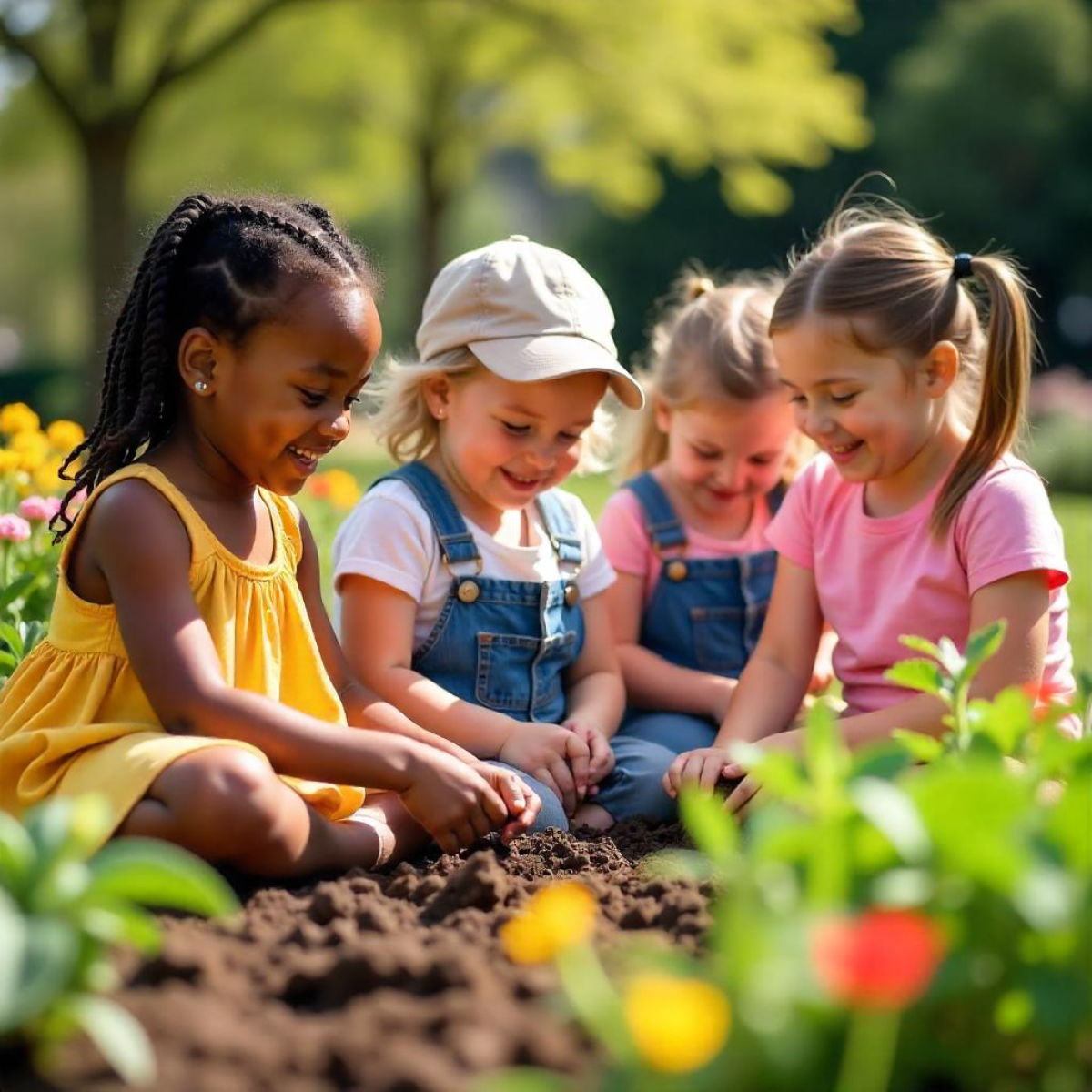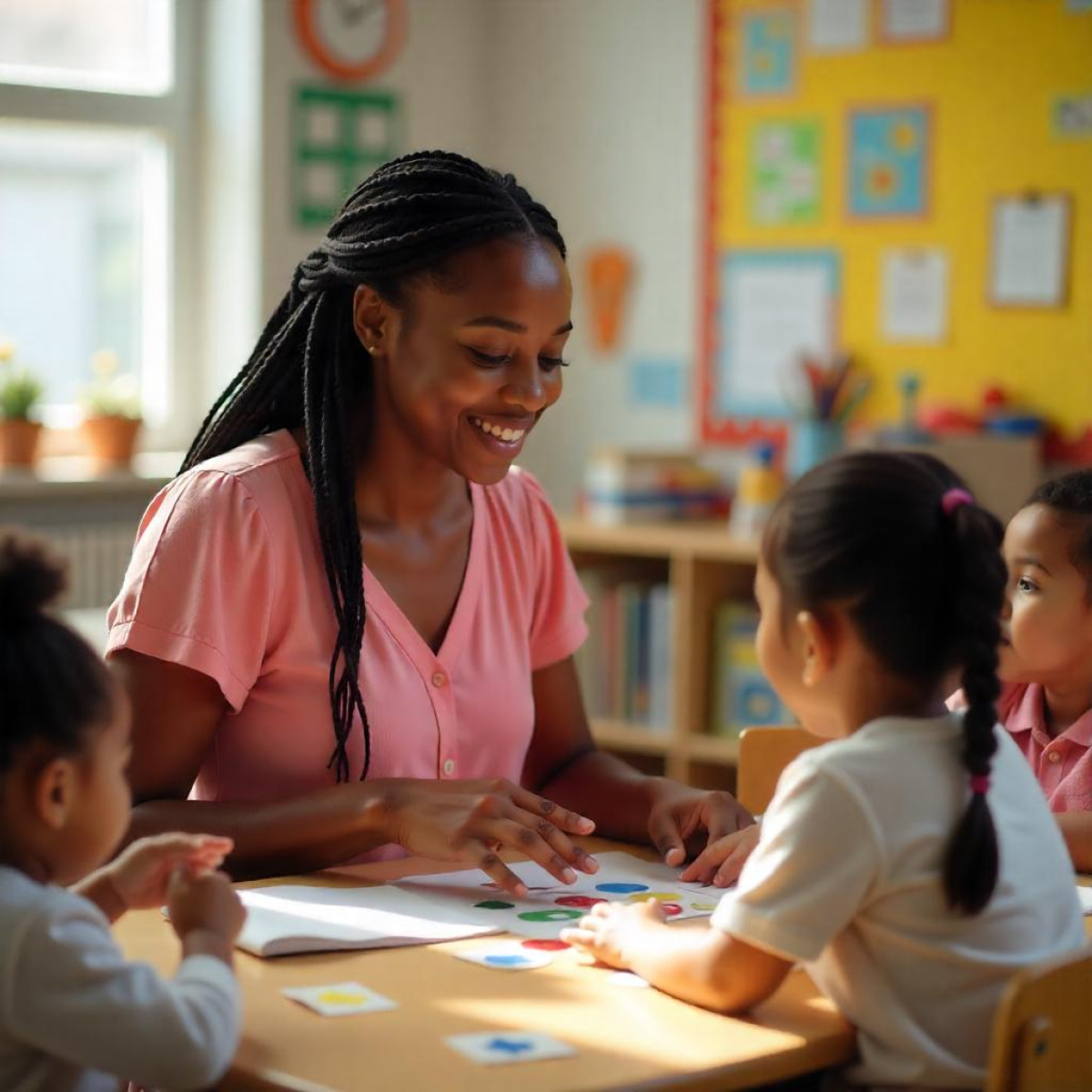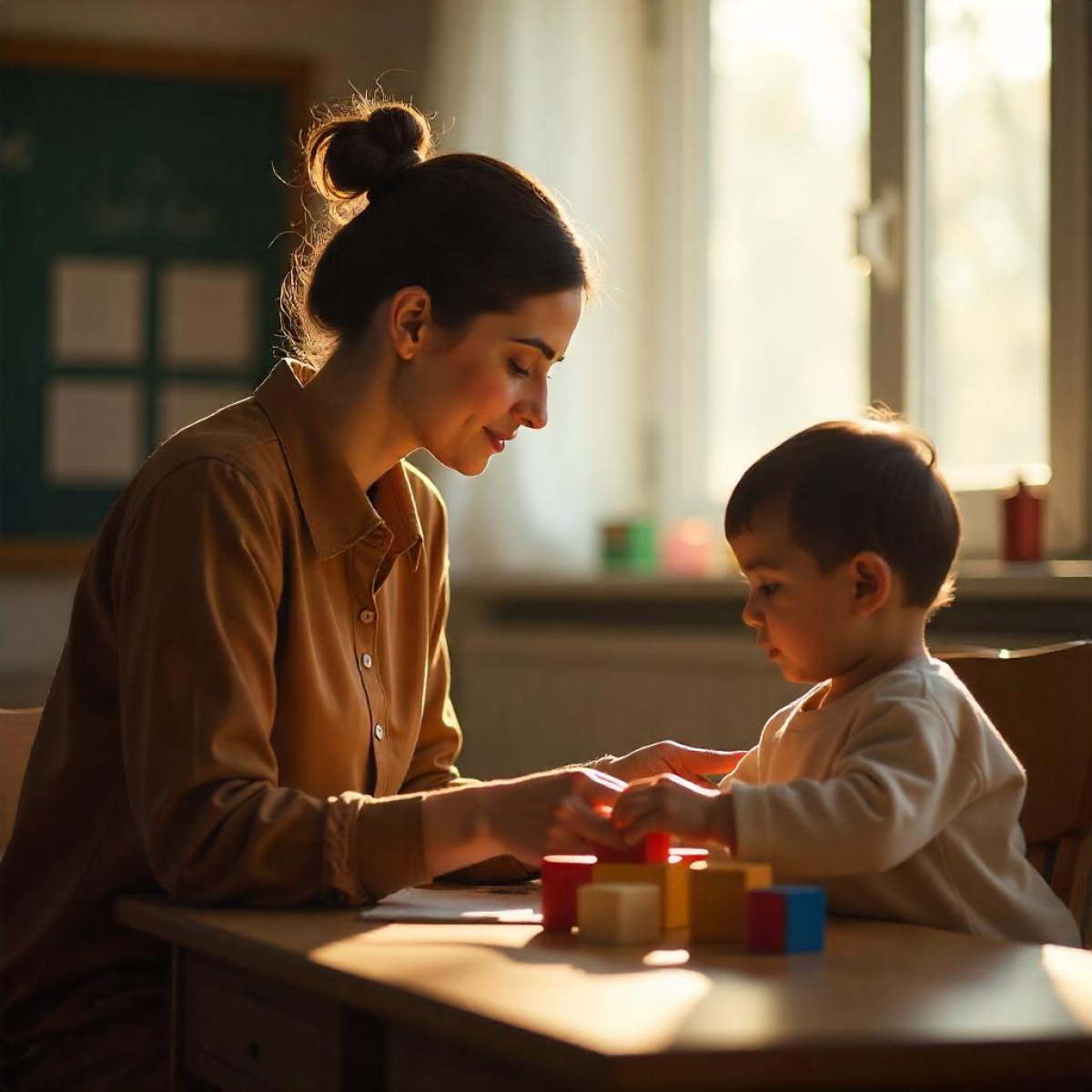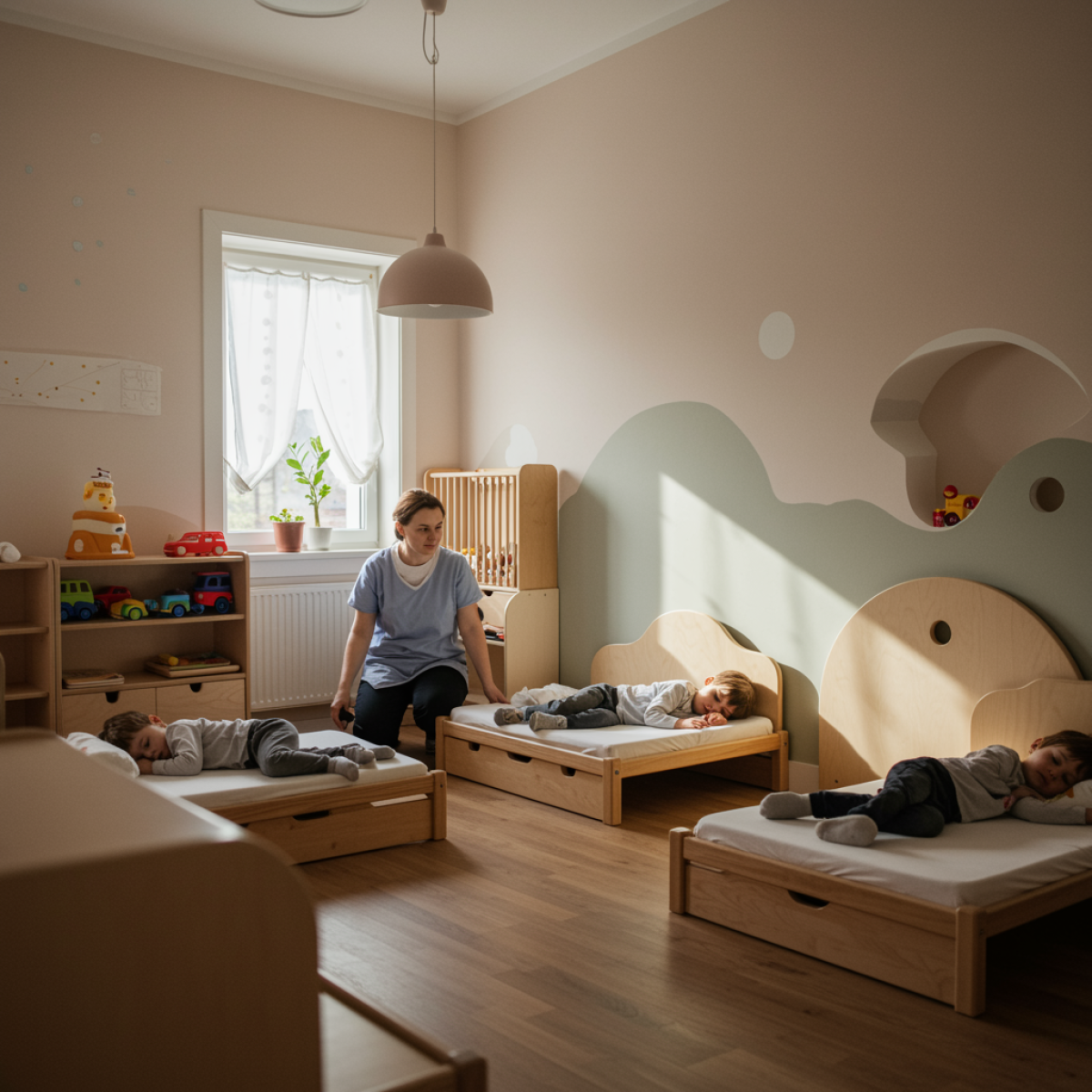Friendships are a vital part of a child’s social and emotional development. From a young age, children begin forming relationships with their peers, learning important skills like sharing, helping, patience, and cooperation. But these experiences can also be challenging. As parents, our role is to guide children through these early social interactions, helping them understand what it means to be a good friend and how to behave in a group setting.
1. Start the conversation at home
Begin by showing genuine interest in your child's group experiences. Use open-ended questions such as:
-
“Who was your favorite friend today?”
-
“What games did you play together?”
-
“Was there a moment when someone felt left out or upset?”
These types of questions encourage reflection and help your child express their emotions and social experiences more openly.
2. Talk about what makes a good friend
Children don't naturally know the rules of friendship—they learn them over time. Talk together about key qualities like:
-
Being kind
-
Listening to others
-
Sharing toys
-
Saying sorry when you make a mistake
Storybooks about friendship are also a great way to start these conversations in a natural and engaging way.
3. Help your child understand others’ emotions
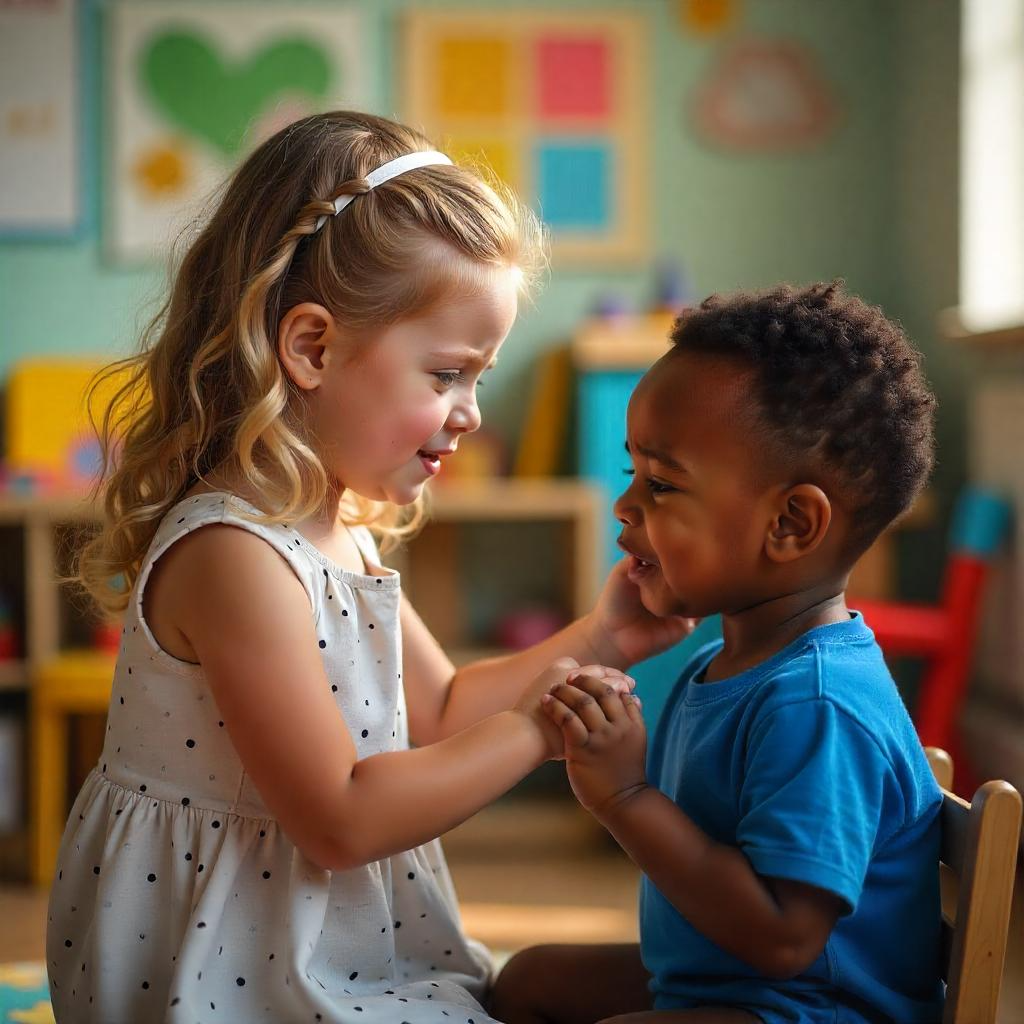
Empathy is a skill that develops gradually. When a social situation arises (e.g., a disagreement with a friend), help your child reflect on how the other person might have felt:
-
“How do you think they felt when you took the toy without asking?”
-
“What can we do to help them feel better?”
4. Teach the importance of group rules
Children need to learn that group settings come with rules that help everyone feel safe and included. Talk about these rules in a positive way:
-
“When we take turns to play, everyone gets a chance to have fun.”
-
“When we listen while someone else is speaking, we show respect.”
5. Lead by example
Children learn most by watching us. Treat others with respect, use kind words, and show empathy in everyday situations. Your actions teach them more than any lesson could.
6. Support your child through social challenges
Not every friendship goes smoothly. Children may face rejection, disagreements, or misunderstandings. Help them navigate these moments by giving them gentle guidance rather than stepping in too quickly:
-
“If someone doesn’t want to play with you today, what else could you do?”
-
“How can you tell a friend that your feelings were hurt without being unkind?”
7. Work together with educators – and take advantage of the kidsday app
Stay in regular contact with your child’s educators to better understand how your child interacts socially in the classroom. Educators can offer helpful insights and suggestions on how to reinforce positive behavior at home.
If your child attends a daycare or preschool that uses kidsday, make the most of this tool to stay connected with their educators. Through the Kidsday app, you can:
-
Receive daily updates from your child’s day
-
View photos and comments about their interactions with peers
-
Communicate directly with educators about concerns or questions
-
Gain a clearer picture of your child’s group behavior and social development
This close collaboration helps ensure that both you and the educators are aligned in supporting your child’s social growth, both at home and in the care setting.
Talking to your child about friendships and group behavior isn’t a one-time conversation—it’s an ongoing process. As a parent, your role is crucial in helping your child build strong social skills. With patience, love, and gentle guidance, you can help your child form healthy friendships and grow into a kind and caring member of any group they are part of.



